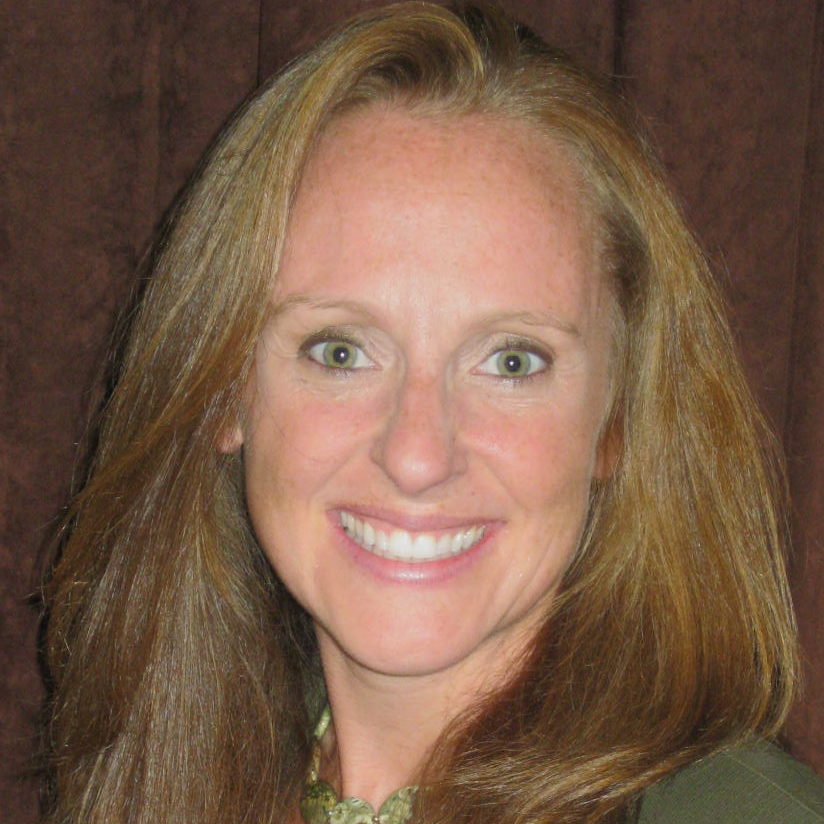Jessica Jay

Law Firm
- Practices land conservation law
- Licensed to practice in Colorado
- Represents land trusts, government entities, and landowners
Jessica says:
“Make it happen, because we need [new attorneys’] help.”
Targeted Work
Jessica Jay’s practice area is relatively narrow, compared with some of the attorneys featured here. She works in land conservation law, which primarily involves work with perpetual conservation easements. A conservation easement can be described as a “promise” between a landowner, who agrees to maintain their land in a certain way, usually by restricting development, and an easement holder, who stewards the landowner’s promise over time, possibly forever. Landowners often donate perpetual easements to easement holders in exchange for valuable tax benefits or partial payment for the value they are giving away. She became interested in this area during law school, when she discovered the topic through her interest in land use law. The field of land use law involves compliance with (and changes to) laws and regulations, as well as local and regional planning policies. When Jessica learned about a “nonregulatory, voluntary option” to conserve land, she was in.
Jessica works a lot with nonprofit easement holders—usually land trusts—as well as with landowners—farmers, ranchers, and others who want to donate or sell an easement. The field is relatively new—a few decades old, Jessica says—and during the first part of her career most of her work was drafting easements to fit the needs and concerns of both of its parties. Now that easements are maturing, she is seeing her workload shift to reflect that. She still drafts easements, but she’s working more and more often with clients who are addressing requests to amend an easement, make sure it’s enforced, or deal with a violation of its terms. She calls this the “second chapter” of her work with easements, and notes its implications for drafting—now that she is better able to judge what makes an easement enforceable and responsive over time.
Growing the Field
Because Jessica came to a growing field of law, one of the major ways she’s developed her expertise is through original research and writing. She also teaches on the topic, offering educational workshops to landowners and easement holders, a summer land conservation law course at her alma mater, Vermont Law School, and a semester-long course at Denver University Law School. Being involved in this way at this early phase has informed Jessica’s practice, and helped to shape the evolution of the field. She also works with other attorneys in the same and related fields, such as real property law and tax law, to continue to develop tax incentives and bolster enforcement and defense mechanisms for the land conservation field. Toward the end of creating enforceable perpetual conservation easements, Jessica is responsible for coming up with the idea of creating a land trust-owned insurance company, which has now been realized in the form of Terrafirma, the first of its kind. To new or interested attorneys, she advises first taking advantage of any “access to education” and marketing opportunities such as national, regional, or statewide land trust conferences, and then finding practicing attorneys or organizations in the field. Those involved in this work will have a lot to teach, whether to an employee, a volunteer, or at an informational interview. Jessica notes that land conservation conferences at various scales—regional, state, or national—are good places to learn, as well as good places to make connections and build relationships in the field, and the place where she herself was first inspired to go in this direction.
The Center for Agriculture and Food Systems is an initiative of Vermont Law School, and this toolkit provides general legal information for educational purposes only. It is not meant to substitute, and should not be relied upon, for legal advice. Each farmer’s circumstances are unique, state laws vary, and the information contained herein is specific to the time of publication. Accordingly, for legal advice, please consult an attorney licensed in your state.

